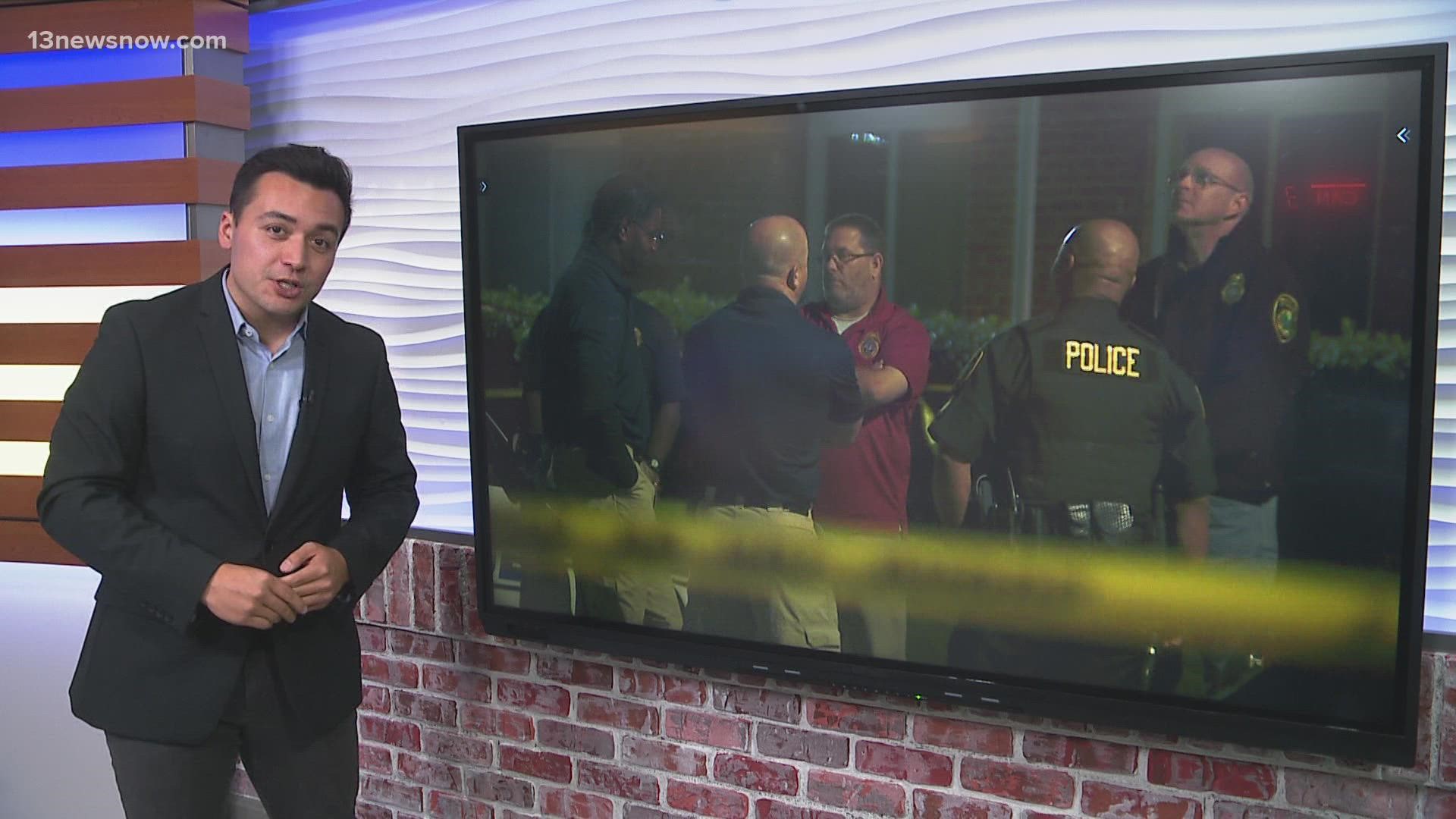NORFOLK, Va. — Monday, the Virginia State Crime Commission (VSCC) reviewed policy proposals and recommendations geared toward stopping driving under the influence in the Commonwealth.
The policy options reflect possible changes Virginia's lawmakers could work to pass in the 2023 General Assembly session.
Of the roughly one dozen policy options and recommendations, some of the key ones focus on DUI enforcement related to marijuana consumption.
The first policy in the list deals with a possible amendment or repeal of the prohibition of stops, seizures and searches solely based on the smell of marijuana.
As it stands in Virginia, police are not allowed to search or seize property based solely on the smell of marijuana, but presenters Monday said that may make things harder for field officers as they're trying to determine whether a person has been driving under the influence.
“The genesis of this request is so that law enforcement could potentially engage in further investigation to determine if there is a reason to keep them longer," said Colin Drabert, the deputy director of the VSCC.
The second policy option creates a driving threshold similar to a Blood Alcohol Limit for drivers, but for THC.
Also listed is the introduction of roadside saliva-based testing. State Sen. Scott Surovell (D-Dist. 36) questioned if the technology exists to accurately determine when a person may have consumed marijuana.
“Are you aware of any saliva tests that can differentiate between usage say within the last hour or 30 minutes, or 12 hours?" Sen. Surovell asked.
Here is the full list of policy options presented Monday:
Policy Option 1:
Repeal or amend the prohibition on stops, searches, and seizures based solely on the odor of marijuana.
Policy Option 2:
Add a 3ng/mL per se limit for marijuana (THC) in DUI cases.
Policy Option 3:
Allow for the preliminary roadside screening of a person’s saliva for the presence of drugs (similar to an alcohol PBT) in DUI cases.
Policy Option 4:
Require the Commonwealth to pay hospital employees who performed a DUI blood draw $250 if they appear one-time for any hearing or trial related to the blood draw.
Policy Option 5:
Require the Department of Forensic Science to conduct both alcohol and drug screening on all DUI blood draw submissions. DFS could screen for certain drugs or all drugs.
Policy Option 6:
Require the Department of Motor Vehicles Highway Safety Office (DMV) to collect existing data from various sources on DUI trends and enforcement across Virginia by both locality and individual law enforcement agencies; and provide an annual comprehensive report on the status of impaired driving in Virginia.
Policy Option 7:
Require the Office of the Chief Medical Examiner to perform a blood test on all drivers killed in motor vehicle and boating accidents and report the results.
Policy Option 8:
Amend the driving, boating, and commercial DUI refusal statutes to ensure procedural consistency across these statutes.
Policy Option 9:
Require any defendant challenging the lawfulness of a DUI arrest in a refusal prosecution to file a motion challenging the arrest prior to the trial.
Policy Option 10:
Create a new statute to explicitly allow for the admission of accident reconstruction expert testimony in a criminal case after the expert has been properly qualified and a foundation for such testimony has been established.

